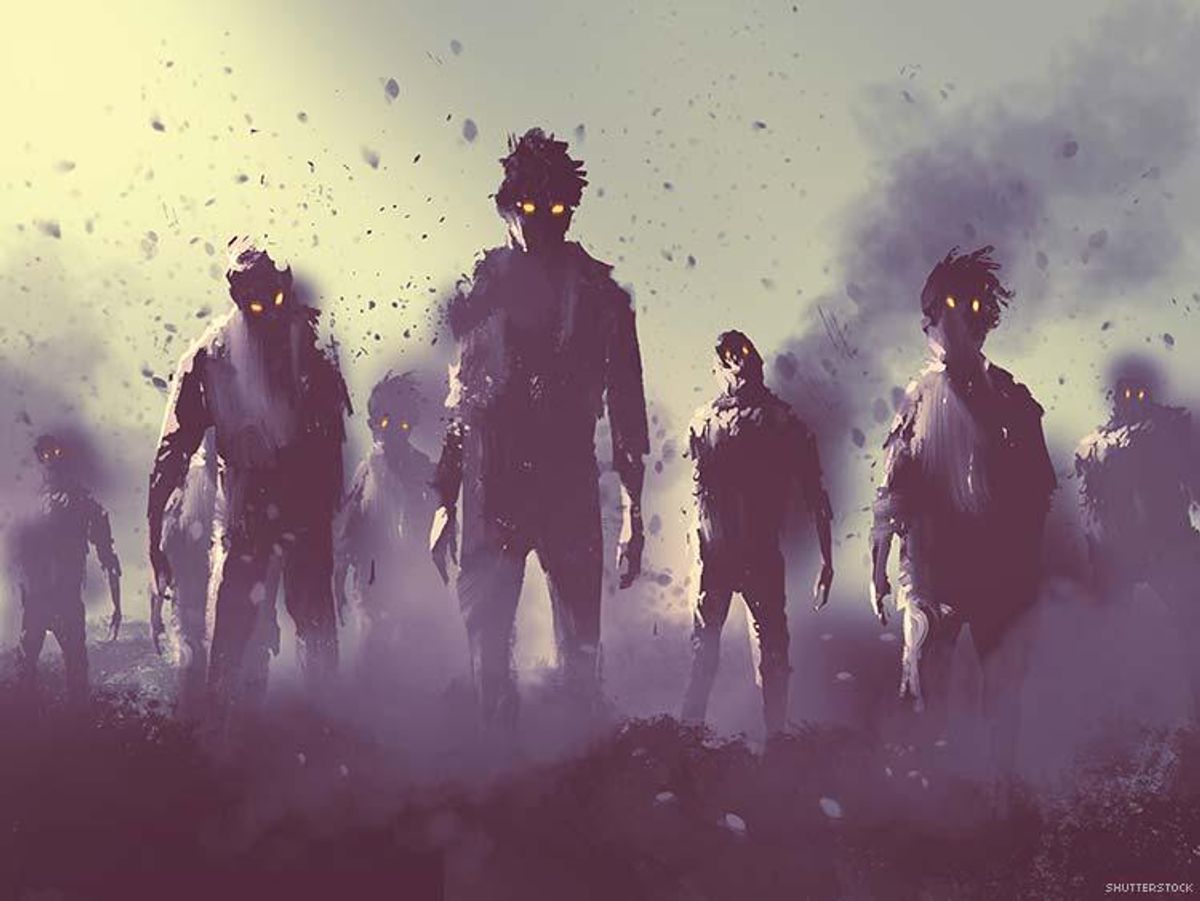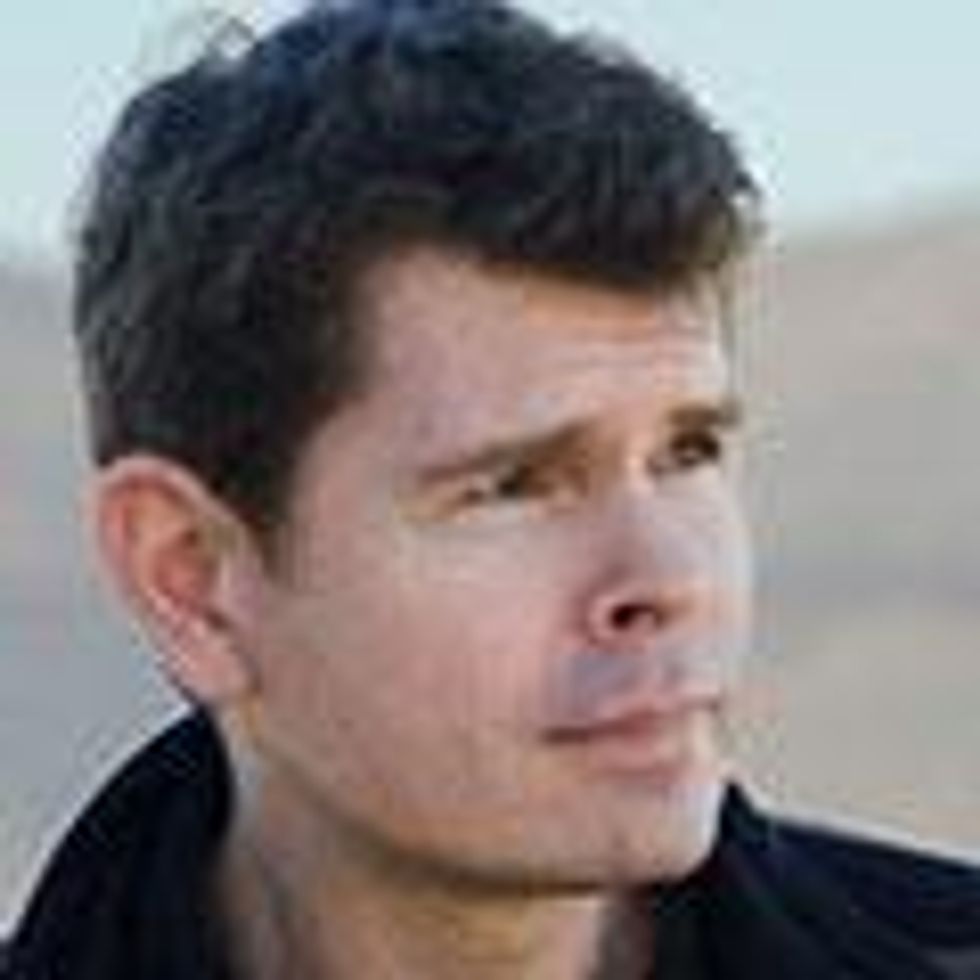When LGBT people came up with the phrase "we are everywhere," I doubt they were thinking about the afterlife.
But by finding spirits such as lesbian nuns, Italian immigrants, and young gay men imprisoned for sodomy in the early 1900s, our new web series Queer Ghost Hunters goes where no queer person has gone before. What better way to explore our history -- October is LGBT History Month, after all -- than by asking those who actually lived it, even if it was hundreds of years ago?
Documenting the lives of LGBT people has been my passion as a filmmaker. But this latest project is a bit of a departure, even for me.
A year ago this month, I was headed to a screening of my documentary
Reel in the Closet in Columbus, Ohio. My ride was Lori Gum, the program director at the local Pride center, Stonewall Columbus. She was telling me about some really innovative things they are doing there for vets, refugees, and other diverse members of our community. I just kept thinking that one of these programs would be a great documentary. Then she said, "And we just started a queer ghost hunting group."
Full stop. Wait, wait, what? Did she say "ghost hunting"? Just when you think there is an LGBT group for everything.
Within seconds I realized that this was it. My next project. My next foray into exploring LGBT lives and history, but this time with a fascinating twist.
My team and I followed the Stonewall Columbus Queer Ghost Hunters as they made contact in old jails, abandoned mental institutions, historic theaters, the kind of the places that were historically where queer people have been found -- or sent -- in the past. Many people may think it's a joke, and we do have fun at our own expense, but talk to me after you have watched the show.
It's funny, fascinating, and informative all at the same time. In the middle of a hilarious moment they uncover a touching story of lost LGBT lives. If you believe in ghosts then their premise is really solid; of course there are probably queer ghosts out there. We are a group of people that was often put away and labeled mentally ill or criminal. The two people who started the group, Shane McClelland and Lori Gum, started asking why we never heard about these lost lives before. And they are getting amazing answers. Maybe it's because our stories are lost to history in so many other ways, erased, undocumented, or otherwise forgotten, that there seem to a disproportionate number of queer ghosts.
At most investigations there is usually contact with at least one ghost who reveals over the course of a conversation that, maybe, she was a woman who loved other women or some other historically appropriate phrase.
The ghost hunters are a team of diverse people -- gay, lesbian, bisexual, transgender, genderqueer, pansexual, and demisexual people who range in age from early 20s to mid-50s. The show's team is led by Lori and Shane. I think they get results because no one has ever asked ghosts these questions before. Actually, I would want to hang out with them if I was a queer ghost because they are so the opposite of most of the ghost hunting shows I've seen. They aren't confrontational. They usually gather in a circle and make contact, starting with yes/no questions using dowsing rods and EMF meters. You can only get so far with yes/no questions, so they'll bring out spirit boxes and similar tools to hopefully capture words that may be inaudible in the moment, but decipherable on playback.
But their best technique is one that I don't think I'll ever see on any other ghost hunting show. They tell their own story while they are making contact. They slowly come out to the entity they are speaking with and at some point -- like in real life -- they ask if the person was like them.
After watching this for a year I have to say that if they are contacting ghosts -- and we leave that to viewers -- those ghosts are starved for a little quality conversation with some smart and fun people. People like them. Community. Not so different from the living, right?
STU MADDUX is a San Francisco-based producer-director of nonfiction television and films.


